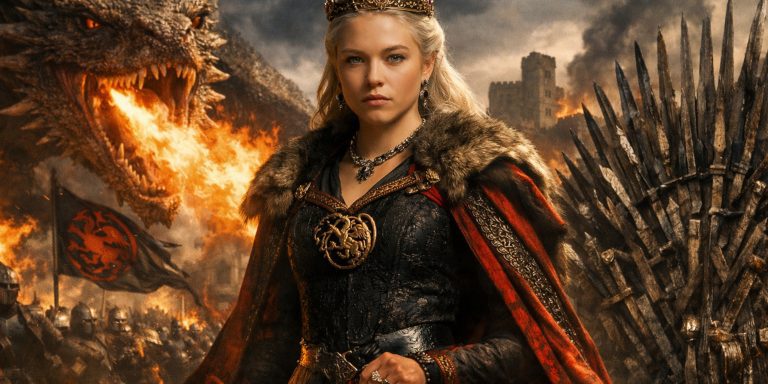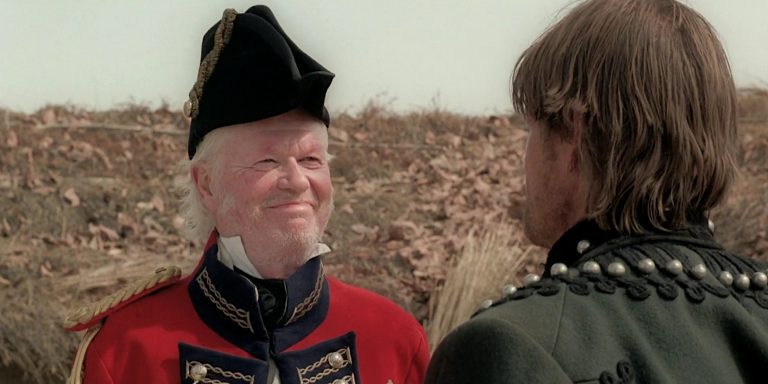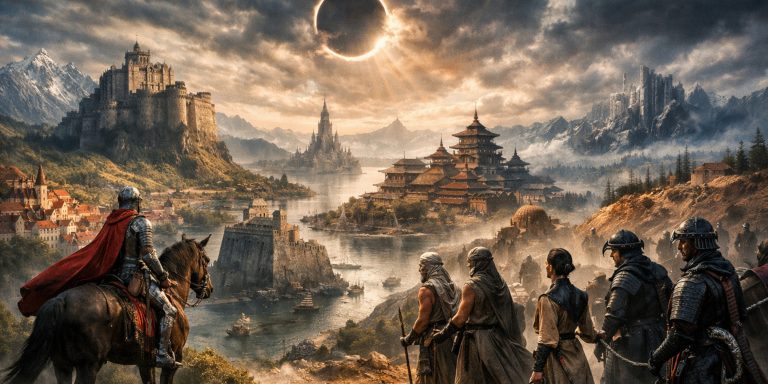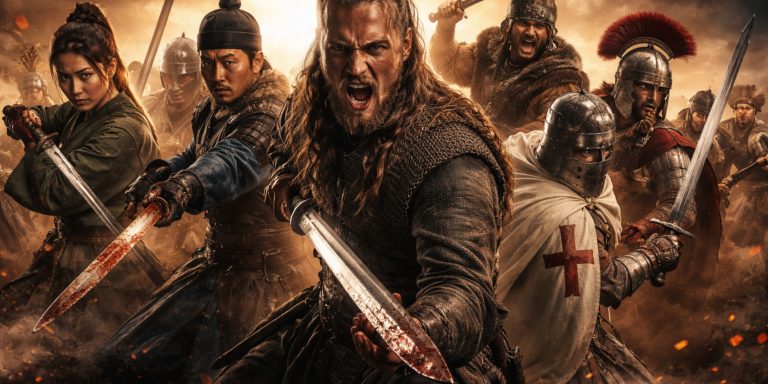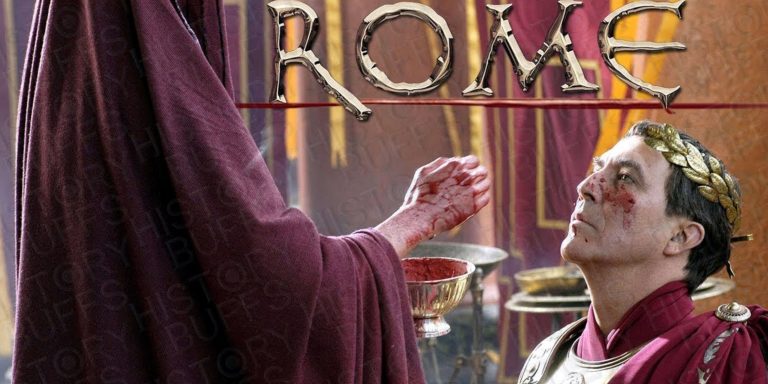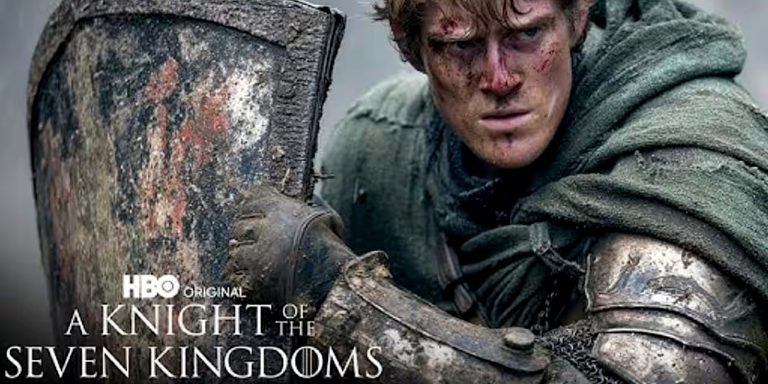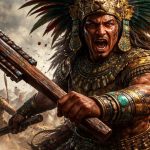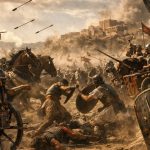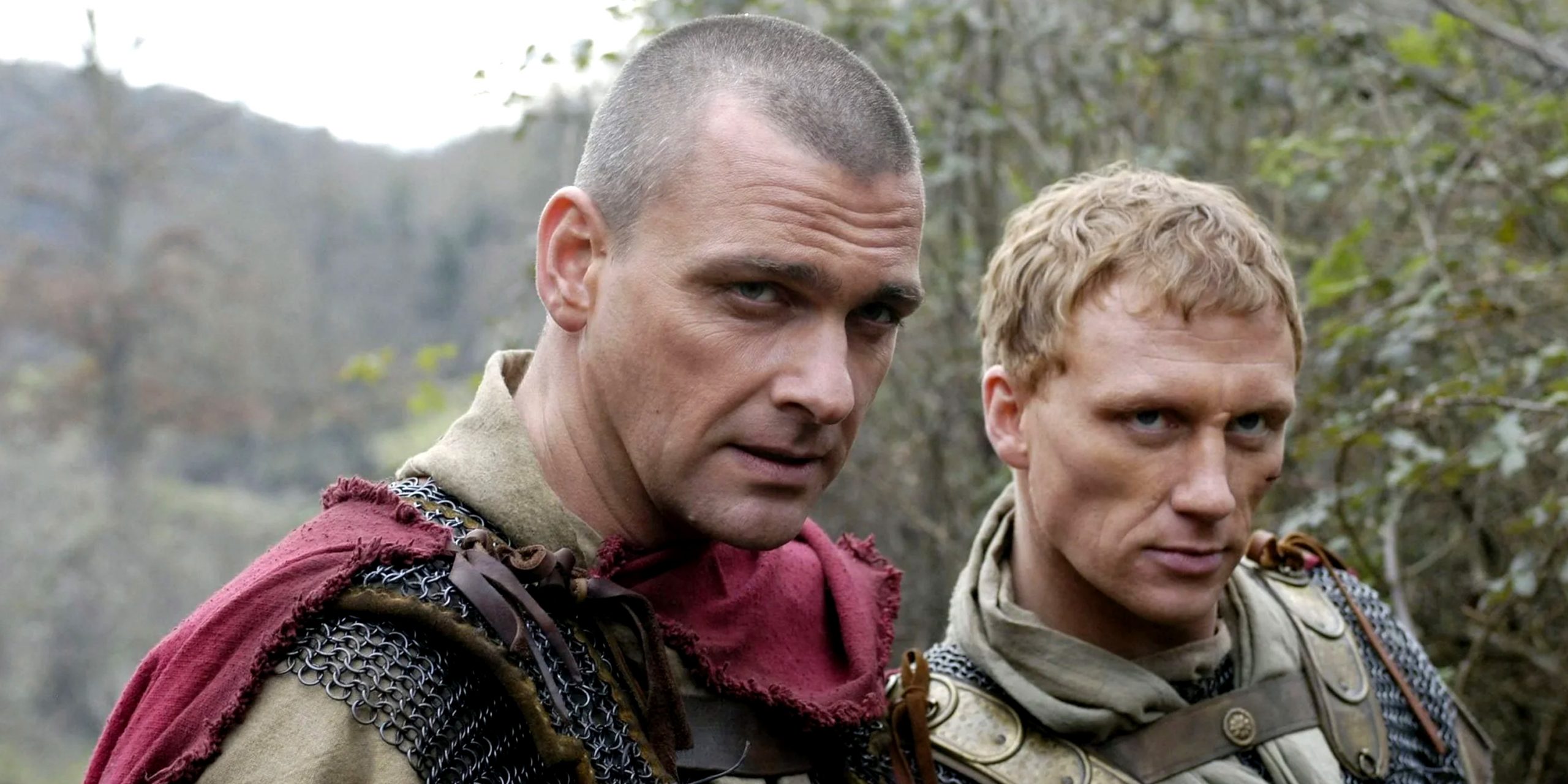
When Rome first aired in 2005, it felt like someone had finally given ancient history the budget it deserved. Big sets, dirt under everyone’s fingernails, politics as bloody as the battles. It wasn’t a glossy sword-and-sandals epic but something closer to what you imagine the streets of the Republic might have looked like. Still, the series had a job to do: keep people watching. That means some events are bang on historically, while others are sped up, merged, or twisted to suit the story.
The Setting and Atmosphere
Credit where it’s due: Rome nailed the city. The backlot at Cinecittà was almost a character in its own right, with grime, graffiti, and the constant hum of life. You can practically smell the markets and hear the haggling. Too many historical dramas present Rome as marble and grandeur, forgetting most of it was brick, plaster, and noise. The show gets that balance right.
Political Storylines and Figures
The politics are where the show shines. The rivalry between Caesar, Pompey, and later Antony and Octavian, is recognisable straight out of the ancient sources. But history is never neat, so the writers trimmed and sharpened events for drama.
- Caesar is as calculating as the sources suggest, but we miss some of the detail of his campaigns.
- Octavian goes from awkward boy to ruthless strategist in record time, and while it’s broadly true, the speed of that transformation is a bit much.
- Mark Antony comes across as reckless and indulgent. That fits parts of his reputation, but he was more politically astute than the show lets on.
It’s gripping television, though, and the spirit of the late Republic’s cutthroat politics comes through loud and clear.
The Soldier’s Eye View
Vorenus and Pullo are the real wild card. Historically, we know almost nothing about them apart from a passing mention in Caesar’s writings. The show turns them into the Forrest Gumps of the Roman Republic, stumbling into every major event. Is it accurate? Not remotely. Does it work? Absolutely. They give us the street-level view: the harshness of military life, the fragility of loyalty, and the way the decisions of great men crashed down on ordinary soldiers.
Arms, Armour, and Warfare
The legions look the part, mostly. The soldiers wear chainmail and carry the famous scutum and gladius, which fits the period. There are slips, though, such as the odd glimpse of lorica segmentata armour that belonged to a later era. The battles themselves feel smaller than the real thing, partly due to budget, but the mud, blood, and discipline come through. You believe these soldiers are both lethal and expendable in the eyes of their commanders.
Daily Life and Customs
This is where the series often surprises viewers. Household gods on the mantel, slaves running errands, rituals for every occasion, it’s all part of the fabric of Roman life. The show deserves praise for showing the everyday alongside the extraordinary. Of course, the producers dial up the sex and violence because, well, it’s television. Rome was brutal, no question, but the show occasionally leans into shock value more than history demands.
Where It Strays from History
If you’re looking for flaws, they’re easy to find. Timelines collapse, family members are reinvented, and some relationships never happened. Atia, for instance, is transformed from a real historical figure into a scheming matriarch straight out of Shakespeare. That said, these changes serve the story and keep the pace tight.
Why It Still Feels Authentic
Despite its liberties, Rome works because it gets the feel of the Republic right. The politics are vicious, the streets are chaotic, and the soldiers are ground down by endless campaigns. It may not be a documentary, but it’s one of the rare shows that convinces you this was a real place filled with real, complicated people.
Seven Swords Takeaway
Rome is not perfect history, but it captures something more valuable than footnote-level precision. It delivers the atmosphere of a collapsing Republic, the stakes of political ambition, and the texture of everyday life. Historians can quibble with the details, but viewers came away understanding that ancient Rome wasn’t statues and speeches. It was sweat, fear, and ambition, and that feels pretty accurate.
Watch the trailer:

